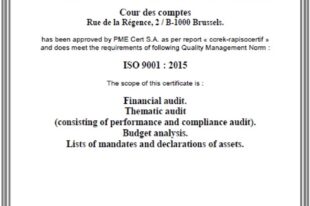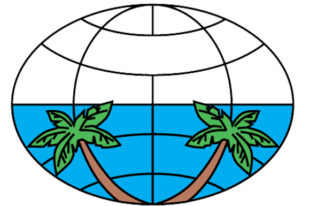Bulgaria’s NAO Audits Ecological Network Effectiveness, Management

Loss of biodiversity is a global problem. As part of the European Ecological Network, Natura 2000, the Republic of Bulgaria established a National Ecological Network of protected zones—234 for the conservation of natural habitats, wild fauna and flora; 120 for the conservation of wild birds; and 13 bound by both conservation directives.
The audit covering a 3-year period (January 1, 2016-December 31, 2018) assessed the effectiveness of Natura 2000 network’s management. Specifically, the audit analyzed and assessed: national network establishment; the organization created for network management; network status, monitoring, control and reporting; and progress achieved in implementing the network’s National Priority Framework.
Audit findings included:
- While the Biodiversity Act introduced rules and processes, national legislation has not fully incorporated all relevant European Union (EU) requirements, and managing Natura 2000, which involves many different national and regional entities, as well as non-governmental organizations, requires a more effective management organization. Bulgaria’s Ministry of Environment and Water (MOEW), upon identifying the lack of an effective network management mechanism, also indicated a need to improve the regulatory framework and establish a clear distribution of responsibilities between central and regional authorities.
- Legal changes have been initiated to introduce a new approach and structure for managing Natura 2000 in Bulgaria and ensure measures to maintain and improve conservation are developed in conjunction with implementing EU directives.
- While an information system and registers for network management have been created, a general lack of internal rules and procedures defining what the information system should publish creates several risks, particularly in omitting data content and completeness.
- There are significant delays in issuing orders for designating Natura 2000 sites adopting specific conservation objectives.
- Bulgaria adopted a National Prioritized Action Framework (NPAF) for Natura 2014-2020 that includes priorities, measures and activities for effective management and necessary financing, yet no organization has been established to collect primary and aggregated data.
- A mechanism to monitor natural habitats, species and birds subject to conservation through Natura 2000 has been developed and actions are underway to correct omissions in protected site designation, as well as improve the current “adequate” monitoring mechanism.
- Owners of properties falling within protected zones, who have not been issued designation orders, have difficulties defining protected zone subjects and objectives, such as the zone’s total area, property inventory, boundaries and restricted activities. As a result, there is a risk of inadvertently damaging or destroying habitats, and there are limited opportunities to receive compensation for lost profits and incurred expenses.
Auditors concluded that Natura 2000 Network management is not effective due to: incomplete, inconsistent incorporation of European directives into Bulgarian legislation; insufficient network management and ineffective order issuance for designated Natura 2000 sites; lack of an effective monitoring, controlling and reporting system; deficient NPAF updating mechanism; and insufficient transparency and accountability of public resource expenditures and achieved results/benefits in implementing measures.





